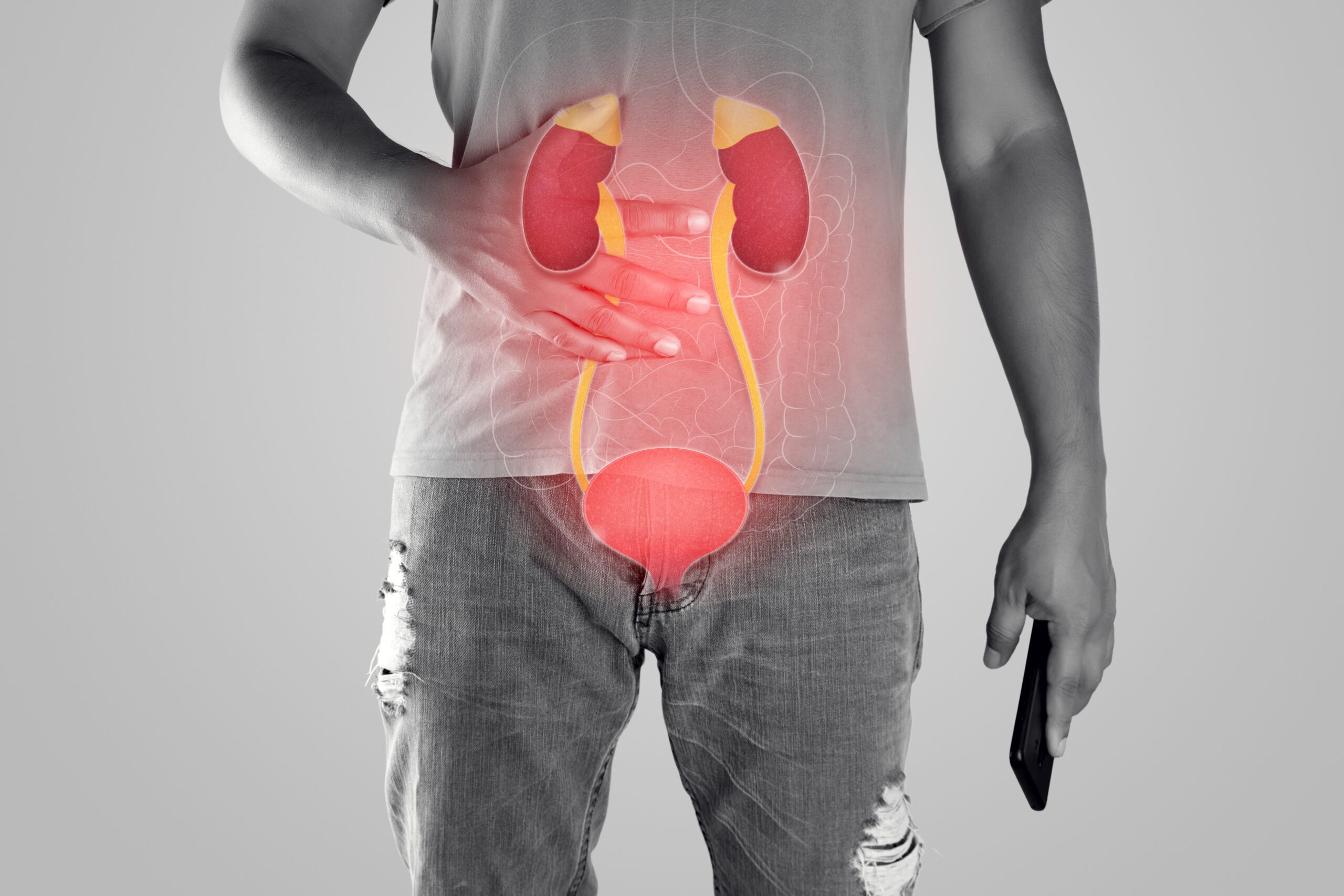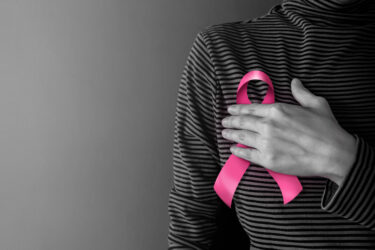Urinary tract infections can happen anywhere in the urinary system. Lower tract UTIs that occur in the urethra and bladder are common. However, UTIs occurring in the upper tract are rare and more serious. Women are at a higher risk of developing a UTI than men. They are generally treated using antibiotics. Nevertheless, they can be prevented by avoiding irritating products, staying hydrated, and choosing the right birth control products.
Types of UTIs
Infections can happen in different parts of your urinary system, such as the bladder, urethra, and kidneys. Each one of these infections has different symptoms and severity levels.
- Bladder infections
Bladder infections are a UTI type in which the bladder swells up and causes irritation. It is the most common and least severe type of UTI. It is generally more annoying than it is harmful. However, if you leave it untreated, it can travel up the urethra and kidneys and cause serious problems. Pain while peeing, smelly urine, and frequent urges to pee are a few of the symptoms of bladder infections. - Pyelonephritis
When the bacteria causing a UTI travels up the urethra and into the kidneys, infections happen. If left untreated, these infections can cause serious, life-threatening problems. Symptoms may include fever, blood in the urine, and abdominal pain. - Urethritis
When bacteria enter the urethra, inflammation occurs, leading to urethritis. Experiencing pain while urinating and frequent urges to pee are common symptoms of urethritis. Antibiotics are generally used to cure this problem.
Causes of UTI
Several different things cause or trigger urinary tract infections. Some of them are:
- Gender
Women are more likely to develop a UTI than men as they have a shorter urethra. However, the prevalence of UTIs in older men is similar to that in women. - Sex
Having sex can introduce bacteria into your bladder and up your urethra. It is advised to pee right after intercourse. - Abnormalities at birth
Sometimes, babies are born with urinary tract abnormalities that fail to let them urinate normally. This puts them at a greater risk of a UTI. - Diabetes
Women dealing with diabetes have a higher chance of developing a UTI due to their weakened immune systems. - Pregnancy and menopause
Pregnant women and those in their menopausal phase experience changes in their urine system, putting them at a greater risk of infections. - Catheter
People who use a catheter to urinate tend to develop UTIs compared to people who don’t. This is because, with catheters, there’s a risk of bacteria traveling up the urethra. - Birth control
Certain birth control methods such as spermicide gel can change the balance in your pH levels, putting you at a higher risk of a UTI.







